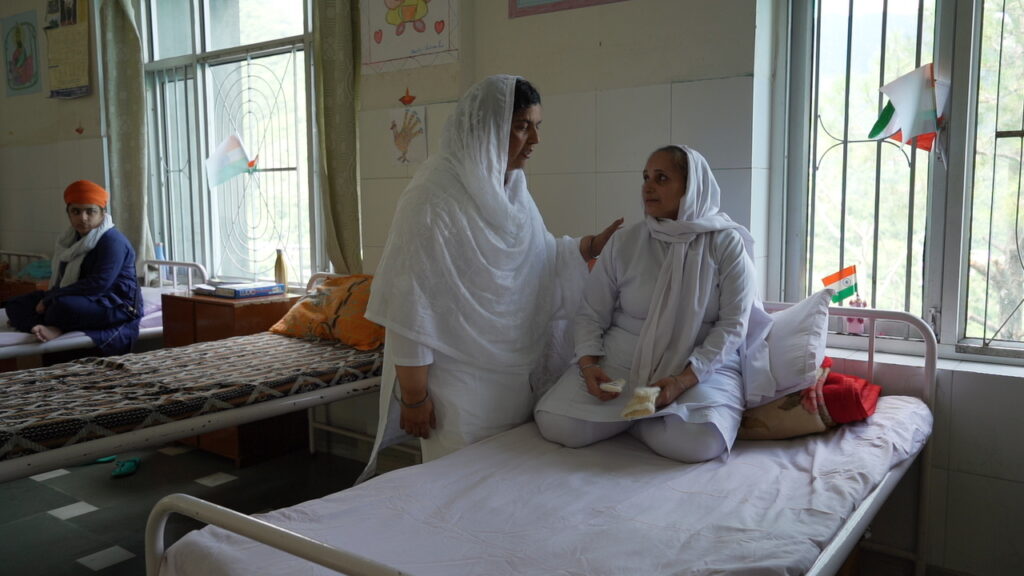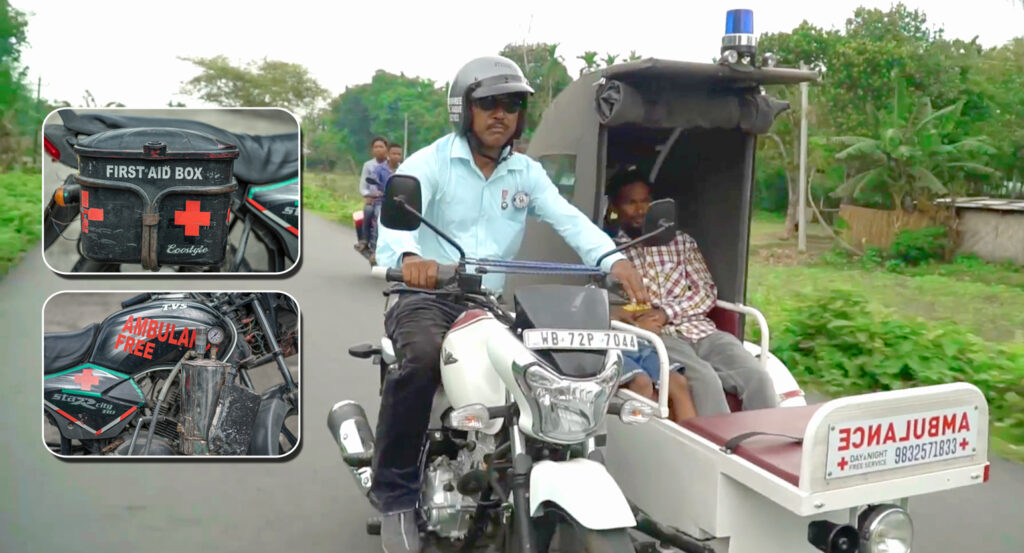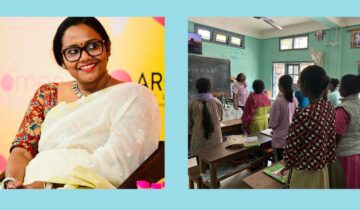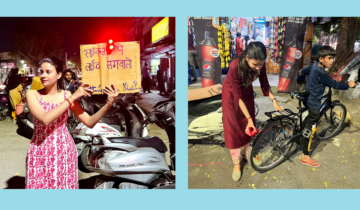Millions of people in India are impacted by the complex interplay between healthcare and poverty. The exorbitant expenditures of routine examinations, urgent care, and chronic disease management frequently plunge struggling households into absolute poverty. Despite India’s extensive healthcare system, there are notable quality discrepancies between urban and rural areas as well as government and privatised healthcare services. In India, medical care has almost become prohibitively expensive with the rising costs that have led to a huge portion of the population struggling to make ends meet. Most cannot afford healthcare facilities, including prescription medications, surgery, and other procedures. The poor are frequently compelled to borrow, spend down their assets, put off treatment, or get subpar care.
Healthcare expenditures keep individuals in poverty and force those barely above it back into it. According to a July 2018 IndiaSpend analysis, out-of-pocket medical costs put 55 million Indians in poverty in 2011–12, and the cost of medications alone caused poverty for 38 million Indians.
The Silver Lining
Several NGOs and individuals work to increase healthcare access as India’s most impoverished people remain confronted with the rising expense of medical treatment. They provide optimism and lay the foundation for societal advancement by offering marginalised and poor people egalitarian healthcare access.

- The Kalgidhar Society – Baru Sahib
It is a nonprofit charitable organisation whose main goal is to counteract the alarming growth in addiction to drugs and alcohol by offering top-notch education. It places equal emphasis on health, female empowerment, and welfare programs. It has contributed significantly to the socio-economic uplifting of the underprivileged in the remote rural districts of North India. This NGO also manages a 120-bed charitable hospital in the underdeveloped area of Sirmaur, Himachal Pradesh, offering a glimmer of hope to hundreds of ailing elderly citizens.

- Karimul Hak (Ambulance Dada)
Karimul gives free bike ambulance services to the poor in 20 neighbouring villages around his hamlet of Dhalabari, Jalpaiguri, West Bengal. Most of these settlements lack basic utilities like electricity, roads, and water and lack accessibility to an ambulance or any type of medical attention because the closest hospital is 45 kilometres away. Several lives have been saved with Karimul’s assistance in getting more than 6000 patients to hospitals on time.

- Matru Siri Foundation
Matru Siri Foundation, a non-profit health organisation in Bengaluru, was founded by Dr Sunil Kumar Hebbi to help those who lack access to primary healthcare. He has significantly impacted many lives in Karnataka’s urban, rural, and Bijapur areas. He transformed his car into a fully functional on-the-wheel clinic and has provided free healthcare to people in rural areas, urban slums, nursing homes, and other places. He has organised over 750 free medical check-up programs nationwide and served more than 1,20,000 patients.


